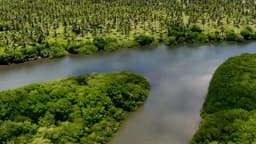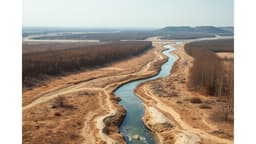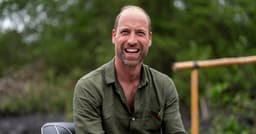Home / Environment / AI-Powered Reforestation Tackles Brazil's Deforestation Crisis
AI-Powered Reforestation Tackles Brazil's Deforestation Crisis
12 Nov, 2025
Summary
- Brazilian startup re.green wins Earthshot Prize for using AI and tech to restore forests
- Company has planted over 6 million seedlings across 30,000 hectares in 4 Brazilian states
- Plans to plant 65 million seedlings by 2032 to combat deforestation in the Amazon and Atlantic forests

As of November 12th, 2025, the Brazilian startup re.green is leading the charge to restore the country's rapidly disappearing forests. The company, which was founded just last year, has already made significant strides in its mission to revive the Amazon and Atlantic forests using innovative technology.
Last week, re.green was awarded the Earthshot Prize in the "protect and restore nature" category, with the prize's CEO Jason Knauf praising the "transformative way in which it harnesses cutting-edge technology to bring tropical forests back to life." The startup uses AI algorithms to analyze scientific data and satellite imagery to identify the best areas for restoration projects, such as degraded land with low productivity. It then acquires the land, either buying it or leasing it for up to 50 years from farmers and cattle ranchers.




